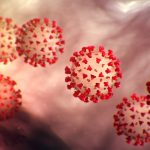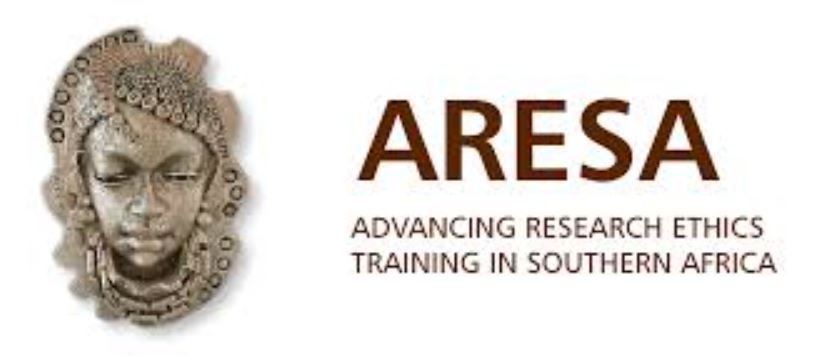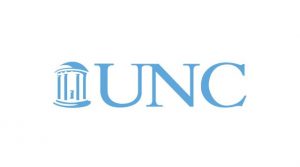MEDICINE AND THE LAW

Keymanthri Moodley
MBChB, MFamMed, MPhil, FCFP, DPhil, MBA,
is a Professor in the Department of Medicine and Director of the Centre for Medical Ethics and Law, Faculty of Health Sciences, Stellenbosch University. In 2017, she was appointed Adjunct Professor, Department of Social Medicine, University of North Carolina-Chapel Hill, USA. Keymanthri is a specialist family physician and a bioethicist.
Anita Kleinsmidt
BA, LLB, LLM, PGDip Applied Ethics,
practised as a lawyer in Johannesburg before joining the bioethics division
at the medical school of the University of the Witwatersrand. She
currently lectures medical law and bioethics at the University of
Stellenbosch.
Allegations of misuse of African DNA in the UK: Will data protection legislation in South Africa be sufficient to prevent a recurrence?
Concerns have been raised around the alleged commercialisation of South African genetic material by various research institutes nationally and abroad. We consider
whether the Protection of Personal Information Act in South Africa will conflict with or complement existing protections in health law and research ethics. The Act is not applicable to de-identified samples that cannot be re-identified but we question
whether genetic samples can ever be truly de-identified. The research participants in this matter provided consent for use of their samples for research but did not consent to commercialisation by global research institutions, and neither did the researchers. We suggest that consent models incorporating broad consent as an option should include explicit discussions around benefit-sharing and commercialisation. Mistrust between researchers and participants impedes scientific research and can harm relationships built up over the years between South African researchers and local communities.
K E Y W O R D S
data protection, benefit sharing, commercialization, South Africa, broad consent, DNA
- Introduction
- Current Research regulation in South Africa and the Special Case of Genetics
- ‘Genetics UK Lab accused of Misusing African DNA’
- Accountability
- Purpose Specification
- Further Processing Limitation
- Openness
- Transborder Information Flows
- Conclusion
- Acknowledgements


